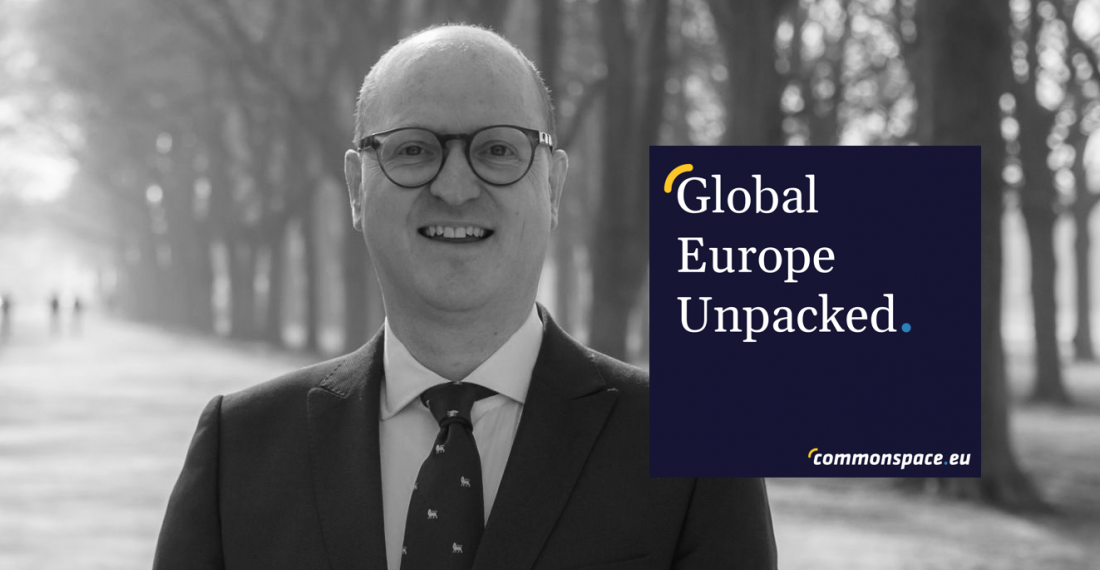"It's low cost and low risk, but it's high reward."
[The podcast is also available on all of the usual channels, including Apple Podcasts, Spotify and Google Podcasts]
Disinformation is the deliberate dissemination of false or misleading information to deceive or influence the opinions of others. Over the last decade, we have seen it evolve alongside the digitisation of the information environment to become a central pillar of hybrid warfare; threatening to undermine the cohesion of our societies and the integrity of our democracies.
In recent years, the West has been playing catch-up on disinformation, while its adversaries benefit from the low-cost, low-risk and high-reward nature of such campaigns. Whilst the EU has taken some steps to combat this phenomenon, they often fall short, leaving the bloc appearing unprepared or unwilling to acknowledge and counter the challenges posed by disinformation.
In this episode of Global Europe Unpacked, I speak to Bart Groothuis, a Dutch Member of the European Parliament and cyber-security expert, about:
- how disinformation affects Europe;
- different approaches to disinformation;
- why a collective European response to the threat of disinformation is desirable; and
- the steps that the EU can take to tackle this growing threat to its values, without undermining the rights of its citizens.
The podcast can also be heard on Radio GIPA FM 94.3 in Tbilisi, Georgia.






